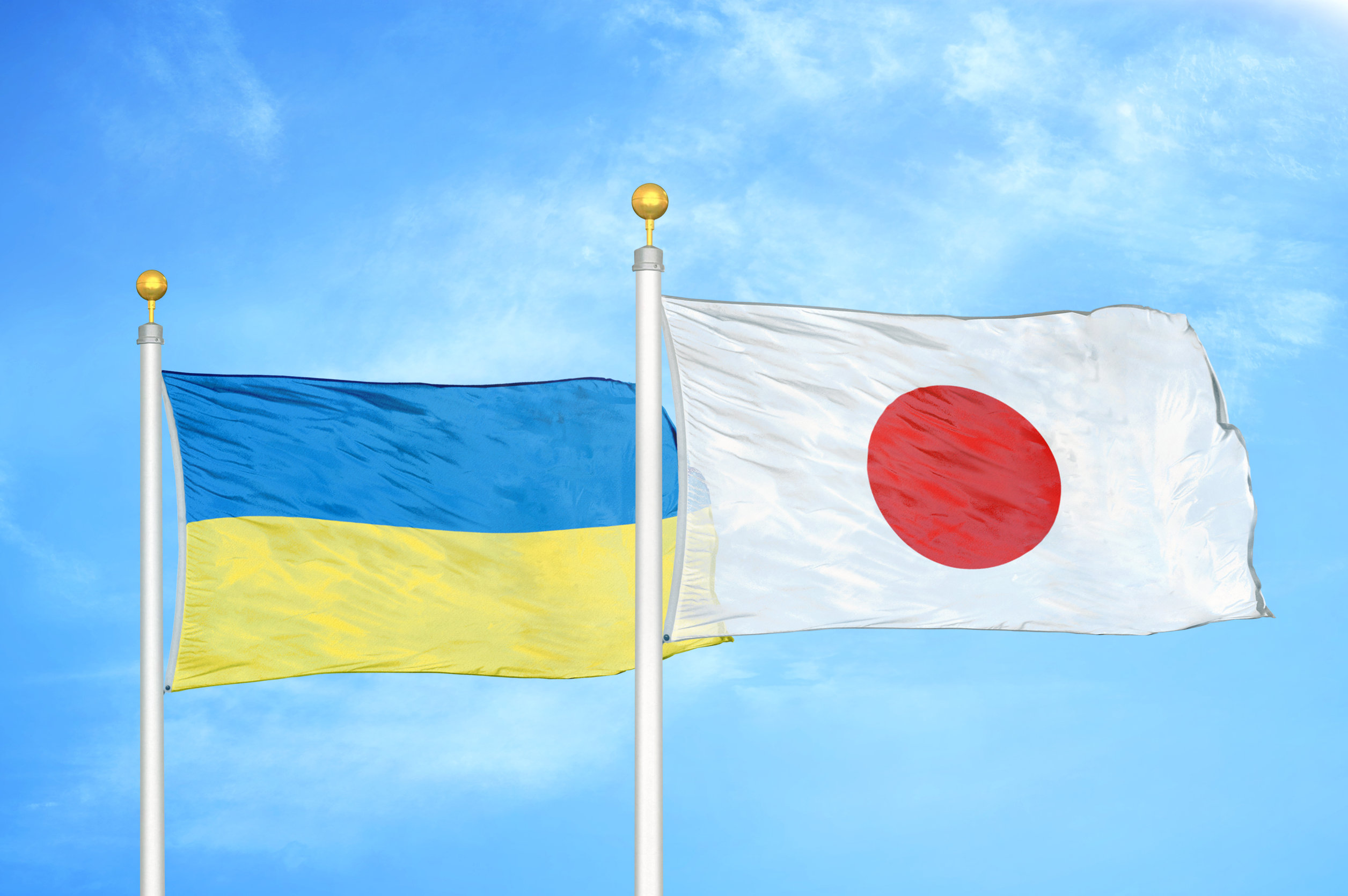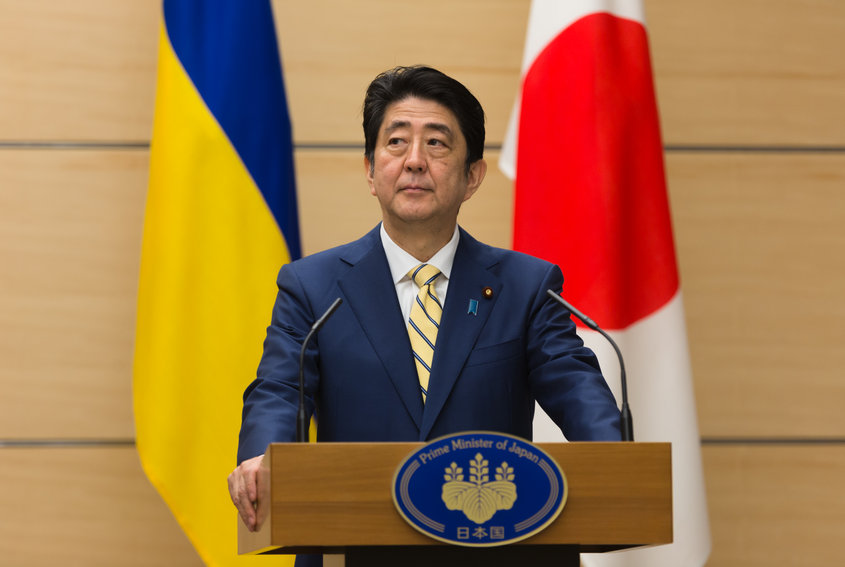What is Japan doing for Ukraine?

What is Japan doing for Ukraine?
What is Japan doing to help Ukraine? Is Japan helping Ukraine? So far, Japan has started accepting refugees, sending bullet-proof vests to the Self Defense Force, offering financial aid of 37 billion yen, deporting Russian diplomats, and imposing economic sanctions against Russia.
Accepting refugees
The number of people who fled the war and evacuated from Ukraine to Japan exceeded 719 as of April 24.
On April 5, a government plane carrying 20 people who had fled Ukraine to Poland arrived at Haneda Airport. Several of them do not have any relatives in Japan. On March 18, the Japanese government announced its policy of allowing Ukrainian people to enter Japan even if they have no guarantor. Entry requirements were eased for those fleeing Ukraine.
As of April 4, no one from Ukraine was allowed to enter Japan without a guarantor.
Regarding support for the Ukrainian refugees, Foreign Minister Hayashi visited Poland on April 2 as a special envoy of Prime Minister Kishida. He inspected facilities where the refugees were staying, held meetings with government officials, and explored the need for support from Japan.
Initially, it was reported that the government plane could accommodate about 150 people. Regarding the 20 people who boarded the plane, the government explained that they were “people who [were] unable to secure their own means of travel,” but it has not revealed the method of recruitment or the final selection criteria. Some people have claimed that they were not allowed to board the plane even though they had asked to do so, or that the government did not share the information that the plane was coming in the first place. Apparently, this was a fiasco.
- Many local authorities have announced that they will accept Ukrainian refugees.
- Several cities and prefectures are now accepting refugees, and many provide them with a certain amount of money and accommodations.
- Universities are accepting students from Ukraine
- Some companies are offering job opportunities and accommodations.
- The government is supporting travel to Japan by reserving seats on direct flights from Poland to Japan every week.
Supplying “bullet proof vests and helmets” of Self-Defense Forces
On March 8, a Self-Defense Forces plane left with relief supplies for Ukraine. The supplies were bulletproof vests and helmets. It was unprecedented for Japan to provide bulletproof vests, i.e., defense equipment, to a country where an armed conflict was taking place.
In February, the Minister of Defense of Ukraine sent a letter to Japan’s Minister of Defense. He said, “Ukrainian people and the Ukrainian Armed Forces are repelling a full-scale invasion from Russia. I would like to ask you if you would consider providing Ukraine with the maximum practical assistance, i.e., supplies of defensive weapons, logistics, communications, and personal protective equipment.”
Japan has the “Three Principles on Defense Equipment Transfer” and can never provide weapons capable of killing and wounding. Moreover, it is difficult to provide assistance to a country that is in the midst of war.
This is where the “change” in the operational guidelines emerged. The government clearly stated that Ukraine was a country “undergoing aggression in violation of international law.”
The government then proposed adding a new clause to the operational guidelines, in the form of limiting it to this unavoidable case, so that defense equipment, bulletproof vests, could be sent to Ukraine.
Article 116-3 of the Self-Defense Forces Law allows the transfer of Self-Defense Forces equipment to developing countries. However, the article states that weapons and ammunition cannot be sent. i.e. the article does not allow the transfer of weapons and ammunition because they are capable of killing.
Thus, it was impossible to send anti-tank weapons, surface-to-air missiles, and ammunition, which Reznikov had requested in his letter.
The problem was the “Operational Guidelines,” which set detailed rules for the Three Principles on Defense Equipment Transfer.
The government decided to send helmets and bulletproof vests by amending the operational guidelines. On March 8, after completing the procedures within the government and ruling party, the SDF aircraft departed.
Since then, the government has continued sending relief supplies using civilian and U.S. military transport planes in addition to SDF transport planes.
Japan was not among the 31 countries thanked in the video posted by Ukraine
A video posted by the Ministry of Foreign Affairs of Ukraine on its official Twitter page caused a stir in Japan. The 33-second video, featuring a woman in camouflage, introduced the names of the countries that provided aid to Ukraine, along with comments of gratitude. However, Japan was not included among the 31 countries introduced.
Regarding Japan’s support, President Zelensky said in March, in an online speech to the National Assembly, “Japan has become a leader in Asia. We are grateful for their support for Ukraine.” Meanwhile, although Germany was criticized earlier because its economic sanctions were insufficient, it was named in this video expressing gratitude. Japan has so far pledged $300 million, or roughly 37 billion yen, in aid to Ukraine.
The Chief Cabinet Secretary said that he assumes this was an expression of gratitude for support in the context of military assistance.











